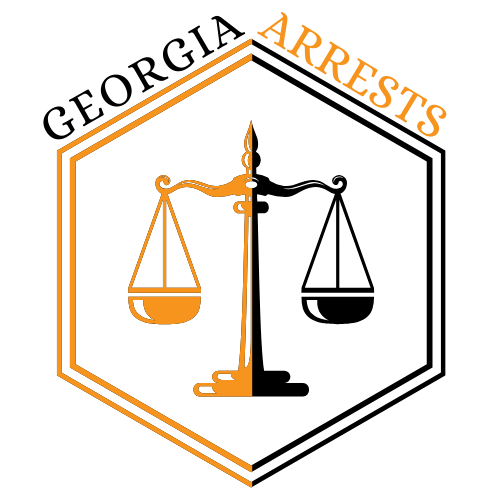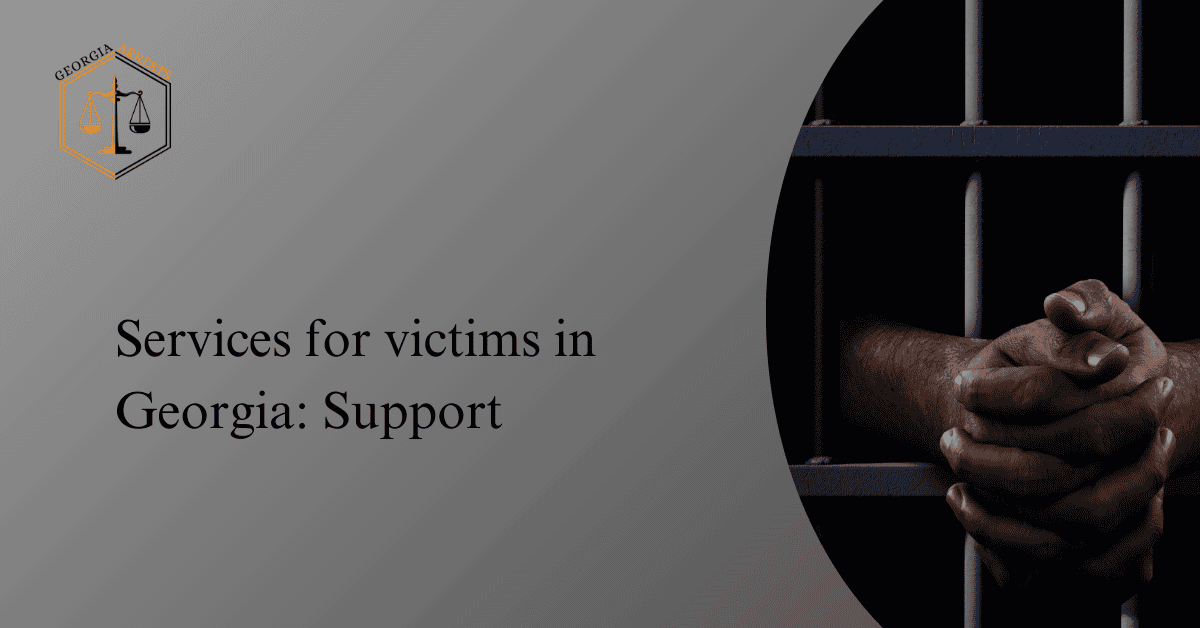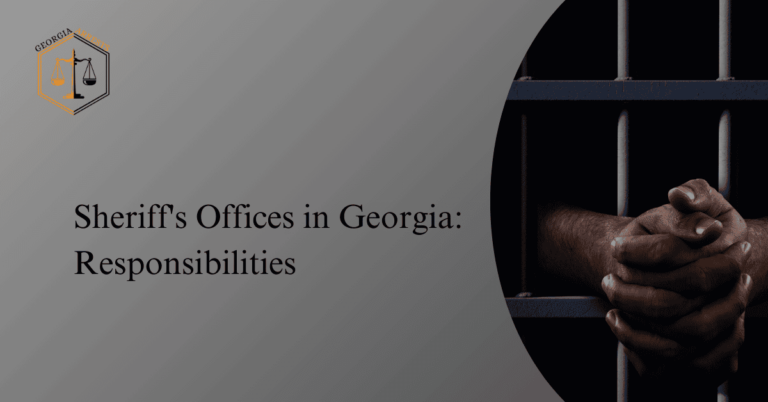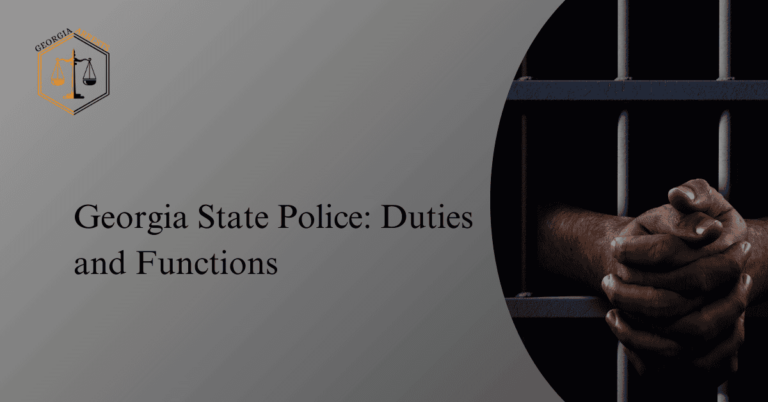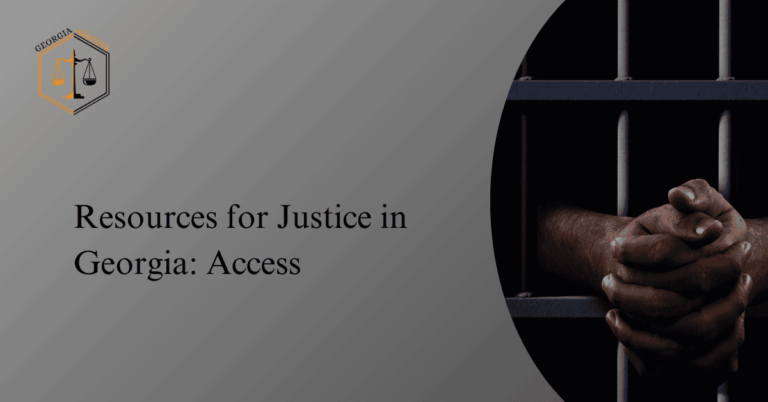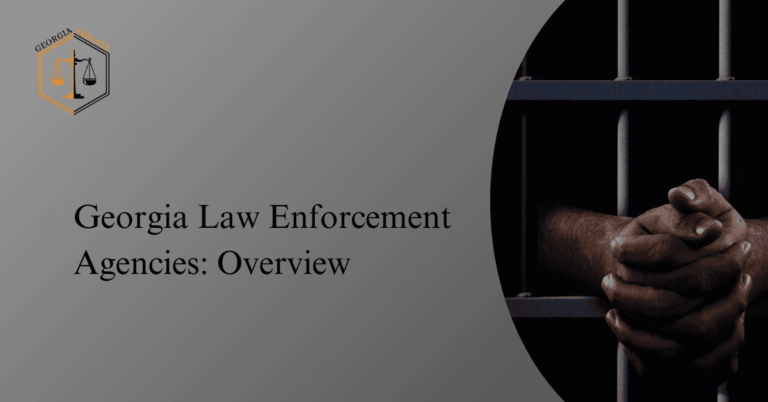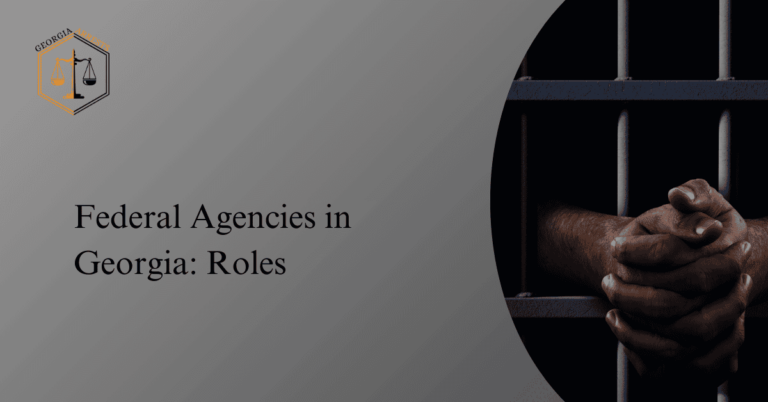Services for victims in Georgia: Support
Victims in Georgia can find crucial support through a range of services dedicated to their well-being. These initiatives aim to provide assistance and guidance to those who have been impacted by various forms of trauma or crime. Whether it is emotional support, legal advice, or access to community resources, victims can rely on these services to navigate their journey towards healing and recovery.
From counseling services to emergency assistance, victims in Georgia can access a network of support that is designed to address their unique needs. By offering a compassionate and understanding approach, these services strive to empower victims and help them regain a sense of control in their lives. With a focus on fostering resilience and promoting justice, these support systems play a crucial role in the lives of individuals affected by trauma.
Range of Services for Victims in Georgia
Victims of crime in Georgia have access to a wide range of services aimed at providing them with the support they need during difficult times. These services cover various aspects of victim assistance, including emotional support, legal assistance, community resources, counseling services, emergency assistance, support networks, healing, and justice.
Emotional Support Initiatives
Victims in Georgia can benefit from emotional support initiatives that help them cope with the trauma and aftermath of the crime. These initiatives often involve trained counselors who provide a safe space for victims to express their emotions, process their experiences, and find ways to heal.
Legal Assistance Programs
Legal assistance programs offer victims in Georgia the opportunity to understand their rights, navigate the criminal justice system, and seek justice for the crimes committed against them. These programs may provide victims with legal representation, court advocacy, and assistance in filing restraining orders or seeking compensation.
Community Resource Access for Victims
Victims can access a variety of community resources in Georgia to help them rebuild their lives and move forward after experiencing a crime. These resources may include shelters, support groups, job training programs, housing assistance, and financial aid to cover expenses related to the crime.
Counseling Services for Trauma Recovery
Counseling services play a crucial role in helping victims of crime in Georgia recover from trauma and regain a sense of normalcy in their lives. These services may include individual therapy, group counseling, trauma-focused therapy, and specialized treatments for specific types of trauma.
Emergency Assistance Programs
Emergency assistance programs provide victims with immediate support in times of crisis, such as emergency shelter, food assistance, transportation services, and medical care. These programs ensure that victims have their basic needs met and can focus on healing and recovery.
Empowering Victims through Support Networks
Support networks connect victims in Georgia with others who have experienced similar trauma, providing a sense of community, understanding, and empowerment. These networks offer a platform for victims to share their stories, receive validation, and build relationships with others who can offer support and guidance.
Fostering Resilience and Healing
Services for victims in Georgia aim to foster resilience and promote healing by providing victims with the tools, resources, and support they need to overcome their trauma and move forward with their lives. These services help victims build resilience, develop coping strategies, and find ways to thrive despite their experiences.
Promoting Justice in Victim Support Services
Victim support services in Georgia are dedicated to promoting justice for victims by ensuring their voices are heard, their rights are protected, and their needs are met. These services advocate for victims within the criminal justice system, work to hold offenders accountable, and strive to create a more just and compassionate society for all.
Frequently Asked Questions
Our Frequently Asked Questions section is designed to provide you with detailed information on common queries related to our services for victims in Georgia. Here, you will find comprehensive explanations to help you navigate through the support services available.
What types of support services are offered to victims in Georgia?
Victims in Georgia have access to a range of support services, including crisis intervention, counseling, legal advocacy, shelter, and referrals to other agencies for additional assistance. These services are tailored to meet the unique needs of each individual and provide holistic support during challenging times.
How can victims in Georgia access support services?
Victims in Georgia can access support services by contacting local victim service agencies, hotlines, or crisis centers. These organizations provide confidential and compassionate support to victims of various crimes, ensuring they receive the help they need to navigate through the healing process.
What resources are available for victims in Georgia seeking support?
Victims in Georgia have access to a wide range of resources, including information on their rights, safety planning, financial assistance, and emotional support. These resources are designed to empower victims and help them regain a sense of control and security in their lives.
Are support services for victims in Georgia free of charge?
Yes, support services for victims in Georgia are typically offered free of charge. These services are funded by various organizations, including government agencies, non-profit organizations, and community donations, to ensure that victims receive the help they need without financial barriers.
How can family members and friends support victims in Georgia?
Family members and friends can support victims in Georgia by providing emotional support, listening without judgment, and encouraging them to seek professional help. It is important to validate the experiences of victims, offer practical assistance, and create a safe space for them to heal and recover.
